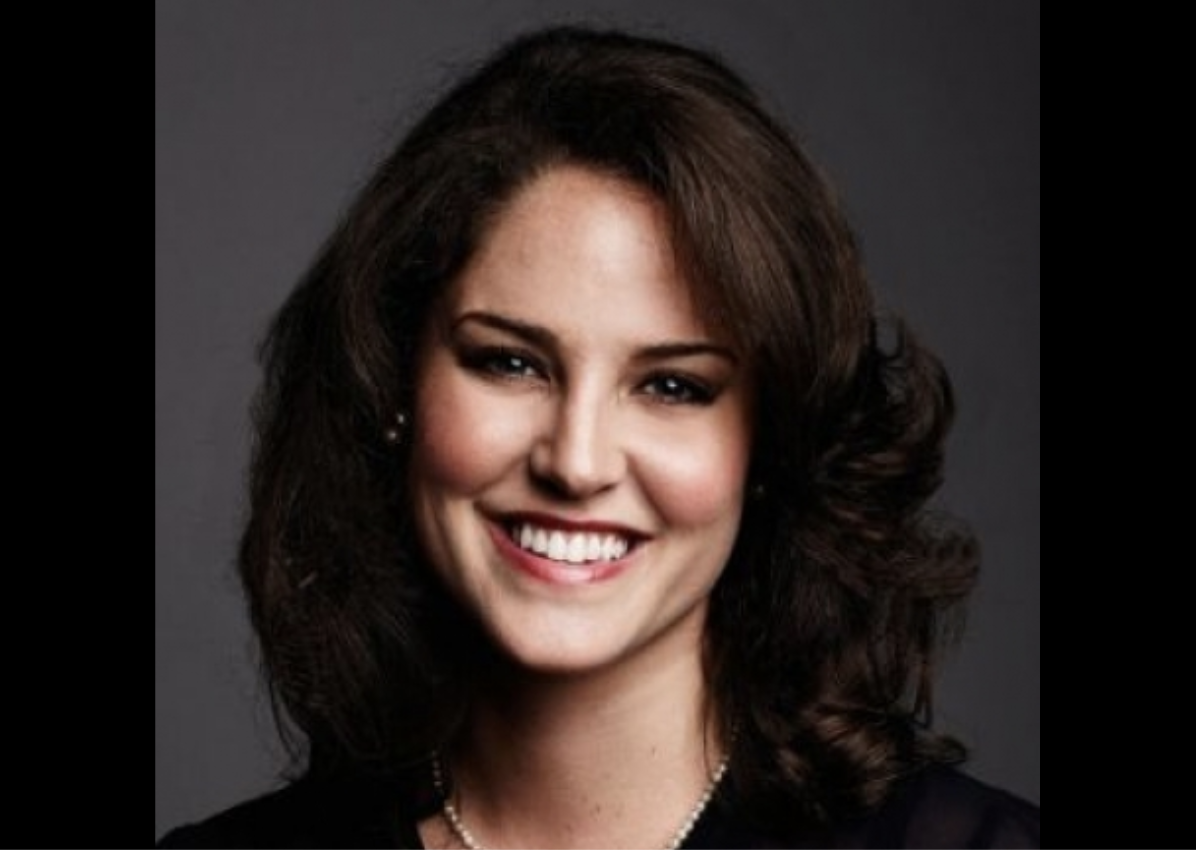ImpactAlpha, May 29 – Venture capital seems optimized to fund Instagram, not impact. Rather than bemoan the capital gap, Sarah Kearney bulldozed through it.
Kearney founded Prime Coalition in 2014 to execute a blueprint for driving capital to early-stage technologies that can take big bites out of carbon emissions and help forestall the worst impacts of climate-change.
Technology at scale for better batteries and food storage and air conditioning, for carbon dioxide recycling and ocean desalination, is essential for keeping temperature rise in check. Typical VC’s like apps and e-commerce, not capital-intensive systems and hardware with years of development and testing, not to mention a high risk of failure.
Kearney and her team of scientists, technologists and dealmakers have now backed 16 companies, each with a promise of at least half a gigaton-scale CO2 emissions reduction by 2050 (see, “Better climate-impact due diligence: There’s an app for that”).
With Prime Impact Fund, which reached a first close at the end of last year, Kearney is trying to prove out a different kind of venture capital. The Cambridge, Mass., nonprofit built its pipeline using ‘program-related investments,’ from foundations with the patience and flexibility to finance promising climate innovations that can be tested and ultimately commercialized.
Prime has rallied more than 150 philanthropic investors and mobilized $75 million for climate-tech ventures that might otherwise have been challenged to even get off the ground. Prime’s investments attract follow-on capital, not only from Bill Gates’ Breakthrough Energy Ventures, but later-stage investors as well.
Silicon Valley is coming around to the ‘climate tech’ opportunity. Traditional venture firms like Sequoia are actively investing. So too are climate-smart VCs like DBL Ventures, Generate Capital, Fifty Years VC and Obvious Ventures.
Kearney, who is awaiting the arrival of her third child, says the pause in climate-tech investment during the global pandemic increases her urgency. “We feel that catalytic capital as a steady hand through the storm is more important than ever now.











